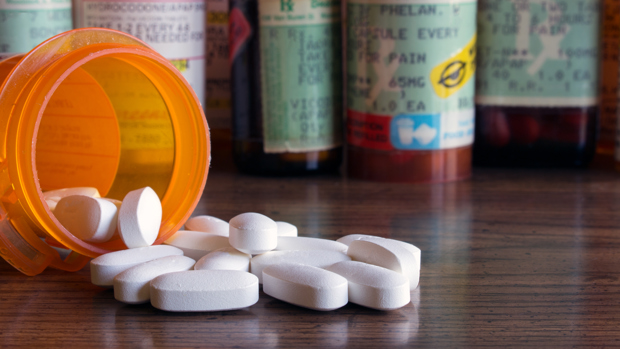One in three motorists unwittingly driving with dangerous levels of prescription drugs

One in three motorists are driving with dangerous amounts of drugs in their system without realising it, according to IAM RoadSmart, the UK's leading road safety charity.
The drugs are not illegal substances but everyday prescription and over-the-counter medications, such as painkillers, antidepressants, antihistamines, plus cold and flu remedies.
A survey commissioned by the charity of over 2000 motorists found that 30% of drivers did not know the maximum dose of their prescription medication before it would impact their driving. Meanwhile, 31% of those surveyed were unaware of how long they should wait before driving after taking their medication.
The survey also found that over one in five (22%) of respondents rarely (14%) or never (8%) check whether their medication will impact their ability to drive. Moreover, over one in four (28%) are unlikely to avoid driving after taking over-the-counter medications that warn against using heavy machinery or equipment.
Driving laws in the UK do not differentiate between illegal and prescribed drugs and it is an offence to drive or attempt to drive while unfit because of drug use.

Although the ultimate responsibility of informing the DVLA of their fitness to drive rests with the driver, GPs and pharmacists also have a responsibility to offer suitable clinical advice to patients regarding the potential risks of prescribed medications.
IAM RoadSmart is calling for a review of the prescription process, as it believes that the lack of awareness among drivers could have led to an increase in drug drivers on UK roads.
It is suggesting that the Government follows the example of Australia, where medication packaging is required by law to display a visible warning if a driver could be impaired by the substance. Alternatively, France has deployed a color-coded system on medication labels to make potential risks clearer.
Antony Kildare, CEO at IAM RoadSmart, said that legal drugs used for medicinal purposes could be just as potent as illicit substances and could profoundly impact a driver's judgment while behind the wheel.
"We would like to see a new and reformed system which will provide more transparency on how medications can affect a motorist’s ability to drive, and clearly communicate potential risks to motorists," he added.
DVLA has suspended my driving licence - is my car insurance still valid?


